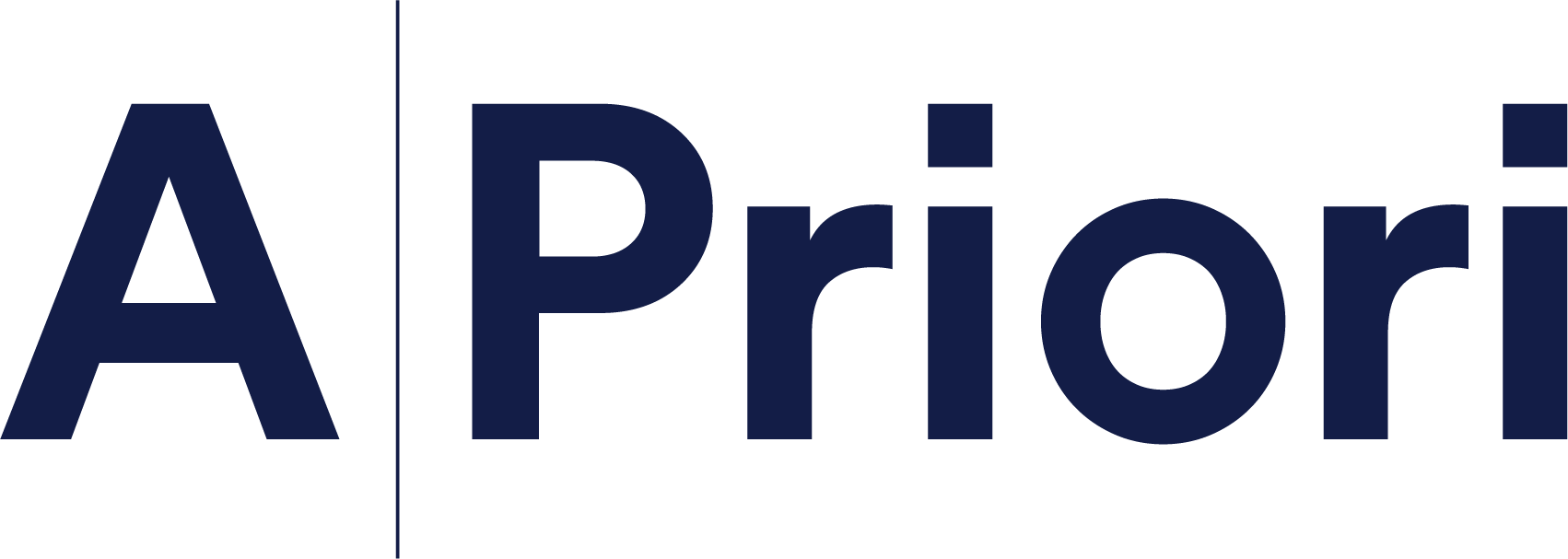“What is the structure of your engineering team?”
Lean and mean.
“What engineering processes do you employ?”
We use git for source control. We write extensive test suites for everything we do, and we insist on a clean CI run before any commit gets into master. We like code review, but we're not pedantic. Deployment is through docker. We have parallel instances of our systems running in AWS so we get some real-world miles on new code before going into production. Everything we've built is designed so it can be upgraded without downtime.
Our platform is designed both for large-scale research (so it needs high throughput) and also production trading (so it needs low latency and serious redundancy). This creates some serious challenges: how can we take the code produced by a researcher who's experimenting with new ideas and get the performance and reliability we need out of it for trading? We have some tricks up our sleeves - if you like compilers and programming languages you'll have fun here.
“What are some interesting technical challenges you deal with?”
“What makes A Priori different than working as an engineer in other finance jobs?”
At A Priori, engineering isn't just a support service - it's a crucial ingredient to our success, and our engineers are first-class members of our company. We're willing to build new software to meet our needs, we're willing to take risk, and we take the time to get our software right. A final fun fact here is that everyone at A Priori programs.
“How do you compare working for a tech startup to A Priori?”
At a deep level, A Priori is a research and engineering technology company that creates ‘solutions’. Instead of marketing our product to customers, we apply it directly to the markets. The metric of our success is entirely objective.If it works, we make money, and if it doesn’t, we don’t.
Unlike most startups, we don’t worry about selling products or pitching investors. What we need is to be better than our competitors: smarter, more creative, and to think more deeply.
We look for folks who are intellectually curious, can work independently, can accept and adapt to criticism, and who want to always be learning something new. We are proactive, get our hands dirty, and we love what do.
“What are the key character traits that A Priori looks for in talent?”
“What opportunities exist to work with and contribute to open source software?”
We're big believers in open source - if we really depend on a piece of software, we want to be able to crack it open and see what makes it tick. Our stack is based on open source (python, llvm, numpy, etc.), and our core data-processing and messaging platform is open source. Anything else we build that's not directly related to trading is also a candidate for open source. Interfacing with the community makes both our software and our engineering team stronger.
“What does A Priori do to stay on the cutting edge of innovation? ”
We're always trying to learn, and our business depends on us being at the forefront. The best way to do that is to hire engineers with a diverse set of technical backgrounds and learn from them. We also acknowledge that most of the current cutting edge won't be around in five years. That means we need to be willing to try new technologies and techniques, and if they don't work out or something better comes along, we will need to rewrite. Software is never done, so plan accordingly!
“What opportunities to learn and grow as an engineer are there?”
There are two ways to grow as an engineer - you can learn from your peers, and you can work on new projects that stretch you. We've got world-class talent, and we're willing to build new systems from scratch to hit our performance and reliability goals. For an enthusiastic self-starter, there's no better environment.
“Why is the opportunity to join A Priori now unique?”
In many ways, our culture looks and feels like a startup: we're small, growing rapidly, and moving quickly. But unlike a startup, we have a stable revenue base and a working business that needs our attention. Our next few colleagues will help define our culture, set the direction of technologies we build, and the grow the set of assets and strategies we trade. But they'll get to do it in an environment that has resources and stability. It's the best of both worlds: opportunity for growth, no fear of running out of cash because the venture capital industry imploded.
“What guiding principles govern A Priori’s approach to engineering?”
Question everything.
Automate everything.
Open source is better.
Tests are the contract between your system and the world. If you didn't test it, then the system doesn't do it.
If it's hard to test, there's a design flaw.
Invest in your tools.
Invest in your skills.
Don't be a pedant.
Take risks.
Be willing to admit a wrong path and adjust accordingly.
Writing software should be fun.


